Media cites new challenges in old Gaza conflict
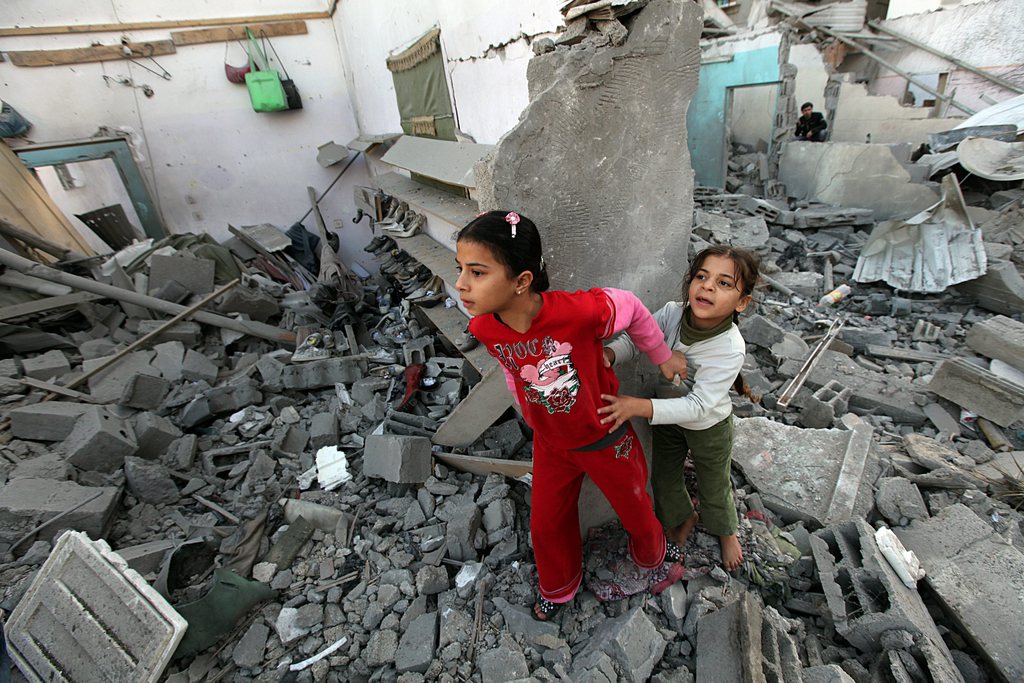
Swiss papers are taking a broad view on the recent dramatic escalation of the Israeli-Palestinian conflict, noting new regional complications and calling for multi-player solutions in the wake of the Arab Spring.
The NZZ am Sonntag applied a larger lens to the age-old conflict, citing the 40,000 dead in Syria in the past 20 months versus the 6,500 Palestinians killed in spats with Israel in the last 12 years.
“Of course, the death toll is not the only indicator of suffering,” the paper stated. “However, it is notable how much easier it is for Palestinian sympathisers to denounce Israeli aggression than the brutal abuse of an Arab dictator against his own people.”
Israeli Prime Minister Benjamin Netanyahu said Sunday that Israel was preparing to significantly escalate strikes on Gaza. The US and several European nations generally reacted that Israel has a right to defend itself, while many Arab countries called Israel the aggressor. Several nations have called on both sides to exercise restraint amid fears of a possible ground attack.
Representatives from the Arab League will reportedly head to Gaza on Tuesday to survey the situation.
According to Swiss Arab expert Hasni Abidi in the paper Le Matin Dimanche, “Israel is sending a signal to the new players of the Arab Spring.”
“Geo-strategically, the Egypt of [President Mohammed] Morsi, who belongs to the Muslim Brotherhood, is no longer that of Mubarak. Military-wise, missiles launched from Gaza can now reach the economic capital of Tel Aviv. There too, Israel wants to defend itself. Politically, they are in an electoral period and a military operation gets votes.”
The events in Gaza will weaken the democratic transition in Arab Spring countries and discredit moderate voices, he told the paper. Abidi predicts that Arab governments will come under pressure from the public. “And the weakest link is Egypt. Cairo may not have the means to intervene directly but it can open its doors to Gaza.”
Also in Le Matin Dimanche, Riccardo Bocco, a professor at the Geneva Graduate Institute, described Israel’s tactics as “complete madness”, as it was engaged on four fronts against Gaza, Syria, Hezbollah and Iran.
“Netanyahu is planning an operation within one of the most delicate situations in the entire region. He has a strategy for war without any long-term vision, all of which risks having an enormous social consequences for Israeli society.”
Right to self-defence
Other perspectives in the Swiss press expressed Israel’s right to defend itself after years of unpredictable rocket attacks at the hands of Palestinians.
An editorial in the Blick am Sonntag newspaper, for example, stated that although many reasons had been given for Israel’s recent attack on Gaza – upcoming Israeli elections, distractions from troubled national politics – the main impetus was the constant fear of unpredictable rocket attacks from Palestinian “terror organisations” that has been plaguing Israeli neighbourhoods for ten years.
“The residents in the south of Israel felt like shooting targets, forgotten by their government,” wrote journalist Gil Yaron from Tel Aviv. “Forgotten by a world that didn’t want to hear about ten rockets falling on them per week, even though they only killed someone once in a while. Netanyahu wanted to put an end to that.”
And, in an interview in the SonntagsZeitung, Israeli Ambassador to Switzerland Yigal B. Caspi called the current situation a “dangerous escalation” that was nevertheless necessary to protect those Israelis living in constant fear of attack.
“There is no other way,” Caspi said. “These terrorist organisations only learn through violence. We want to discuss a peace process and coexistence, but as long as Hamas doesn’t recognise Israel as a state and refuses to renounce violence as a political tool or respect agreements between the Palestinian Authority and Israel, negotiations are impossible.”
Protecting human rights
Also in the SonntagsZeitung, Jakob Kellenberger, longtime president of the Geneva-based International Committee of the Red Cross, expressed his concern over human rights abuses in the escalating conflict.
“I can understand that worries about security in a country like Israel are especially big,” Kellenberger writes. “Given the background of the conflict, I can even understand the difficulty in deciding on an appropriate and proportional military reaction. But, international human rights are also valid in the case of such so-called self defence.”
Meanwhile, around 200 people demonstrated outside the United Nations headquarters in Geneva on Saturday against Israeli strikes on Gaza.
Waving Palestinian flags in front of the Palais des Nations, protestors called on the Arab League, the UN and the European Union to take measures and condemn “this criminal act”. Among those present was Jean-Charles Rielle, head of Geneva’s city parliament.
Israel withdrew from the Gaza Strip seven years ago and has regularly used its airpower to deter Hamas and other Islamist groups from firing their rockets into the Jewish state. The militants do not recognise Israel’s right to exist.
In a bruising 2008-2009 three-week campaign, Israel first bombarded then briefly invaded Gaza, hoping to put a halt to the rockets for once and all. Operation Cast Lead left 1,400 Palestinians and 13 Israelis dead.
For a while there was quiet, then the round of retaliations resumed. Missiles were fired and Israel struck back. Smuggling tunnels were hit and Palestinian civilians were killed.
Trying to face both ways, Hamas abandoned efforts to stop groups firing rockets at Israel and last month joined in.
In so doing, it triggered a massive Israeli operation for which the military planning had been lying in wait. It came far faster and much heavier than Hamas expected.
Major steps in the latest escalation included a Russian Kornet anti-tank missile firing against Israeli soldiers on November 10; Israel’s assassination of top Hamas commander Ahmed Jabari on November 14 after both sides appeared to have agreed to a tacit ceasefire deal, and then Hamas firing long-range rockets at Tel Aviv on November 15.
Israel says the aim of Operation Pillar of Defence is not to re-occupy Gaza, or root out Islamists. It is to destroy long-range rockets such as the Fajr 5 from Iran that Hamas has acquired since 2009 and to disable Gaza’s rocket capacity “for a very long time”, said foreign ministry spokesman Yigal Palmor.
(Source: Reuters)
(with input from Jessica Dacey)

In compliance with the JTI standards
More: SWI swissinfo.ch certified by the Journalism Trust Initiative

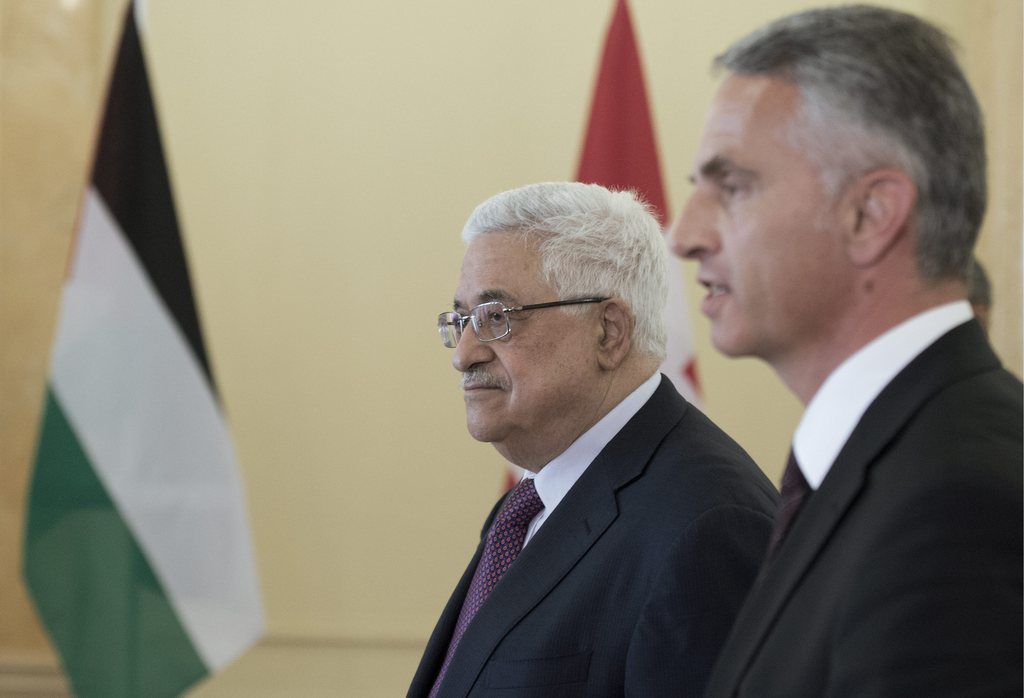
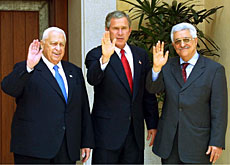
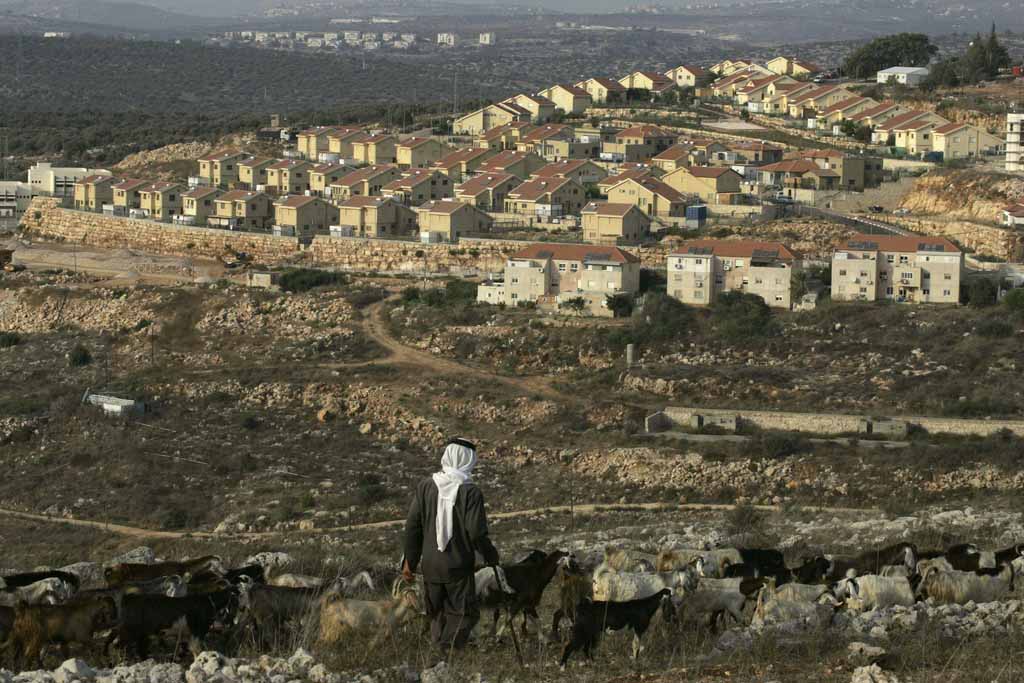
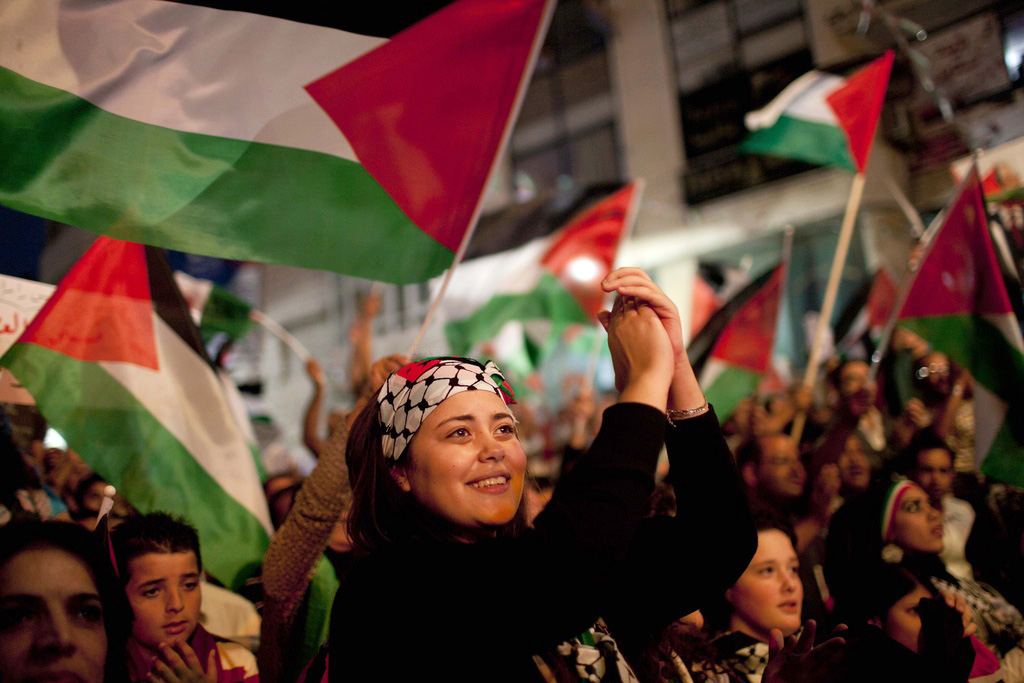
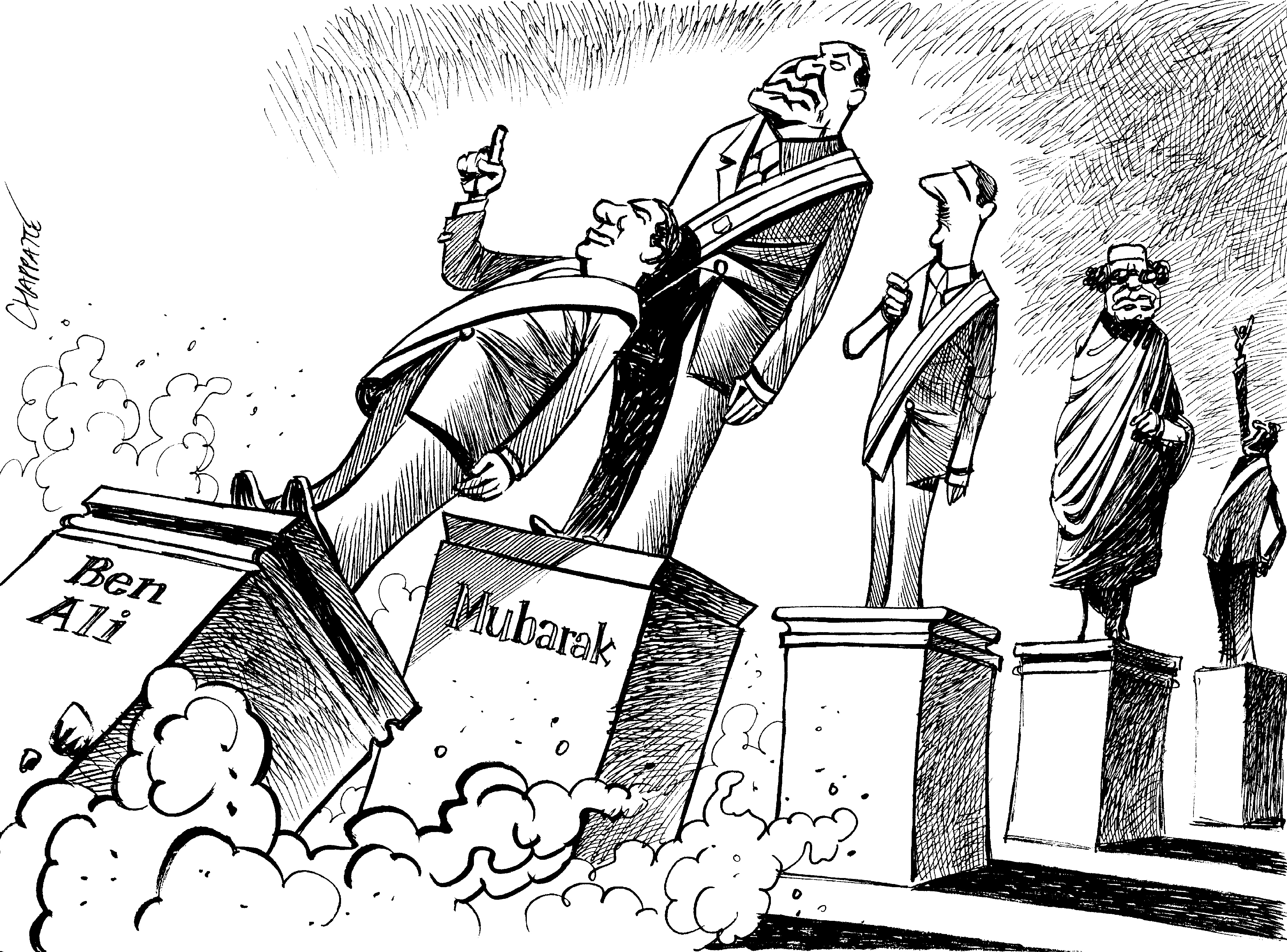
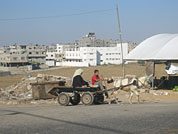
You can find an overview of ongoing debates with our journalists here. Please join us!
If you want to start a conversation about a topic raised in this article or want to report factual errors, email us at english@swissinfo.ch.